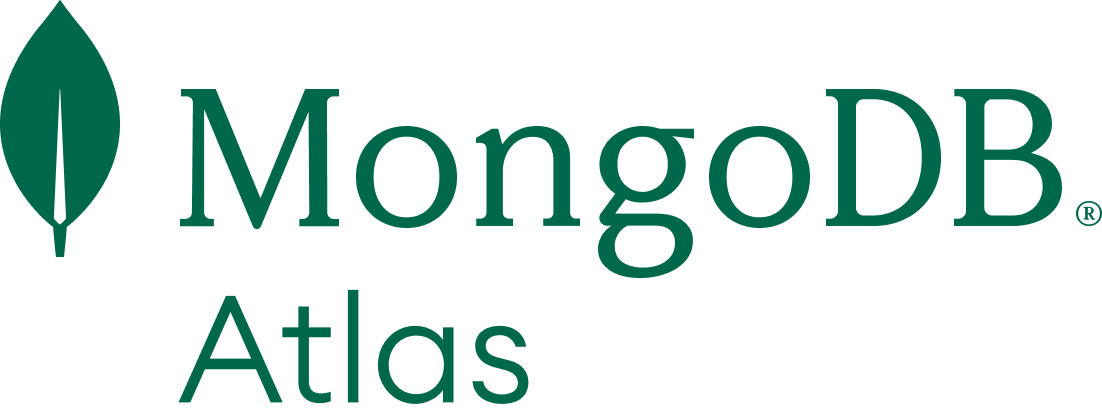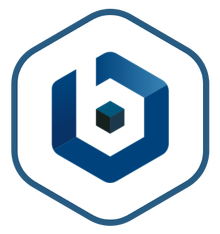
Overview
The TurnKey MongoDB container helps save you time and money by providing a powerful and scalable, yet light-weight, ready-to-run MongoDB container that is secure, supported and easy to work with. The container is built on proven open source technologies and is free of hidden backdoors. TurnKey containers and container stacks lighten your load and allow you to focus on what really matters.
MongoDB is a scalable, high-performance document-oriented NoSQL database system. Instead of storing data in tables as is done in a "classical" relational database, MongoDB stores data in flexible, JSON-like documents. The MongoDB document model maps to the objects in your application code, making data easy to work with. Ad hoc queries, indexing, and real time aggregation provide powerful ways to access and analyze your data. MongoDB is a distributed database at its core, so high availability, horizontal scaling, and geographic distribution are built in and easy to use.
Highlights
- Secure and easy to use; bundled support for no extra charge. Built on a super slim Debian GNU/Linux base.
- Scalable and powerful. Free from hidden backdoors and vendor lock-in; bought to you by a company specializing in global open source solutions.
Details
Introducing multi-product solutions
You can now purchase comprehensive solutions tailored to use cases and industries.

Features and programs
Financing for AWS Marketplace purchases

Pricing
Dimension | Description | Cost/unit/hour |
|---|---|---|
Hours | Container Hours | $0.01 |
Vendor refund policy
Cancel anytime to stop charges. Refunds are at the discretion of TurnKey GNU/Linux. Please get in touch to request a refund.
How can we make this page better?

Legal
Vendor terms and conditions
Content disclaimer
Delivery details
TurnKey – MongoDB – standalone
- Amazon ECS
Container image
Containers are lightweight, portable execution environments that wrap server application software in a filesystem that includes everything it needs to run. Container applications run on supported container runtimes and orchestration services, such as Amazon Elastic Container Service (Amazon ECS) or Amazon Elastic Kubernetes Service (Amazon EKS). Both eliminate the need for you to install and operate your own container orchestration software by managing and scheduling containers on a scalable cluster of virtual machines.
Version release notes
Initial release
Additional details
Usage instructions
Launch this set of containers using the provided task definition. More documentation can be found at https://www.turnkeylinux.org/awsmp-containers/mongodb
Resources
Vendor resources
Support
Vendor support
When contacting suppoort, please provide your AWS account ID and email, plus note that you are using ECS containers. Expected response time is one business day. support@turnkeylinux.org
AWS infrastructure support
AWS Support is a one-on-one, fast-response support channel that is staffed 24x7x365 with experienced and technical support engineers. The service helps customers of all sizes and technical abilities to successfully utilize the products and features provided by Amazon Web Services.
Similar products




